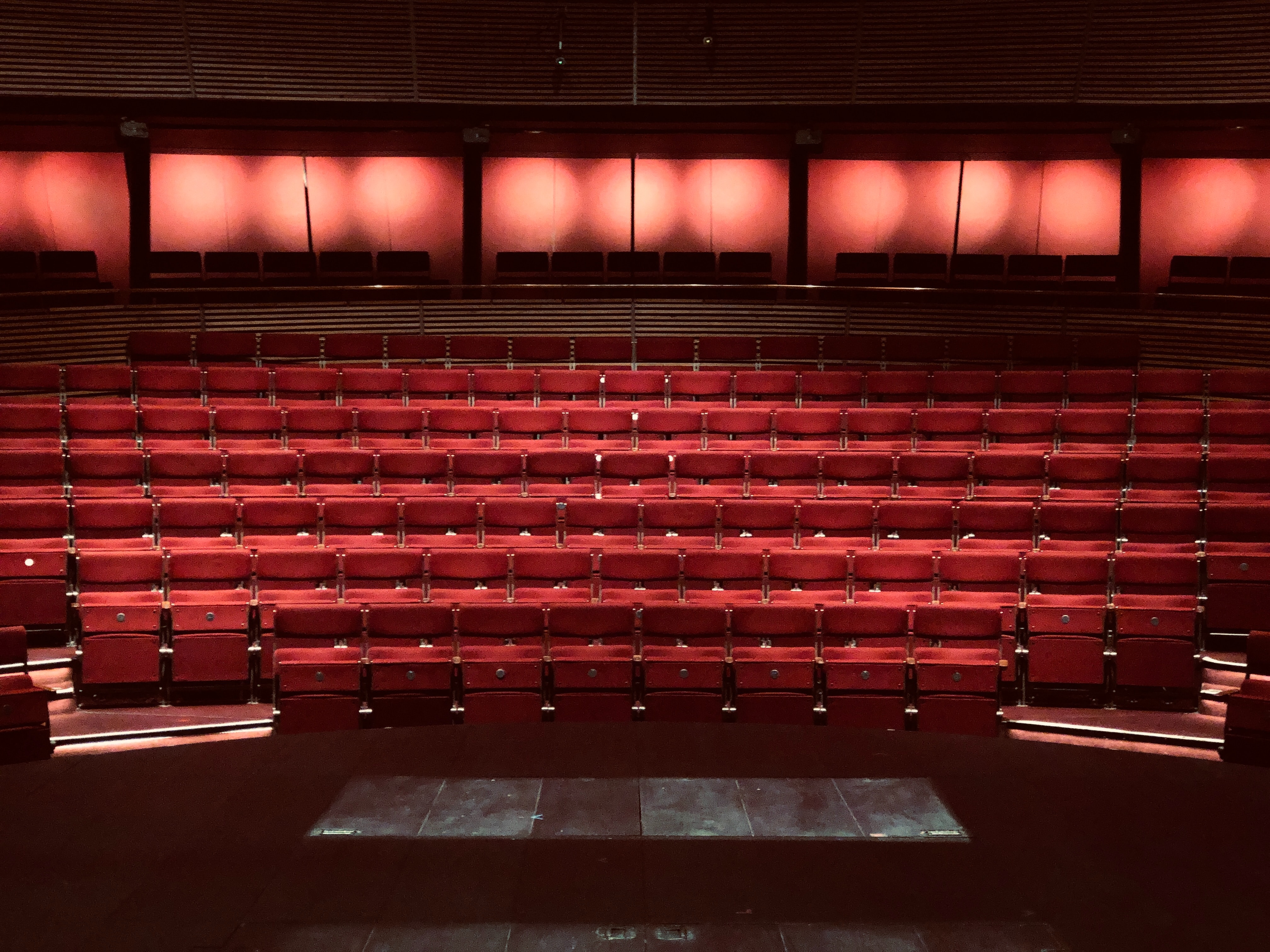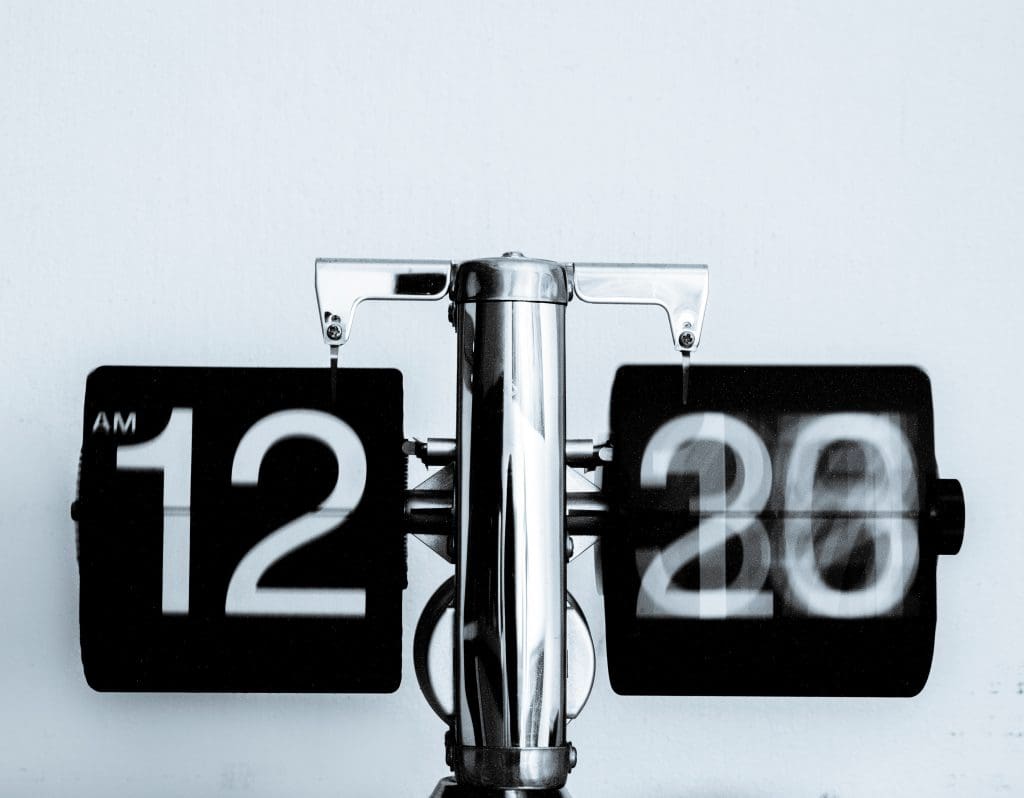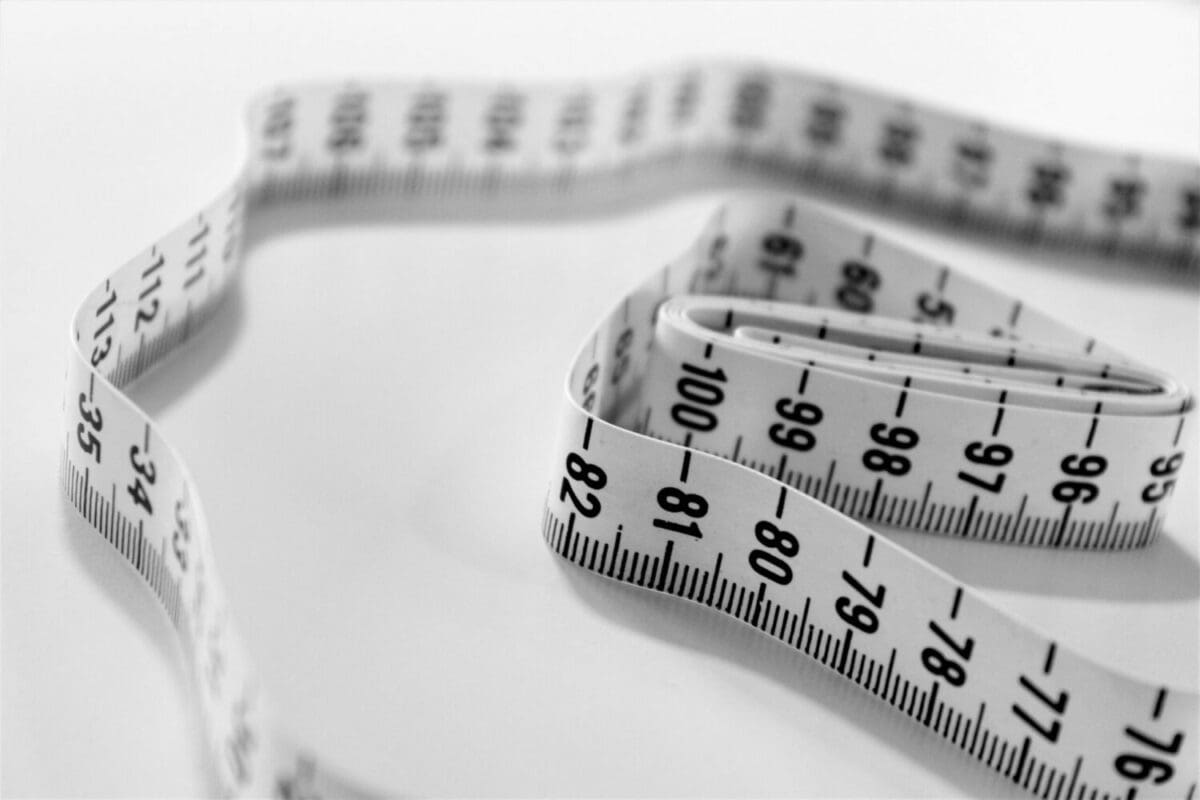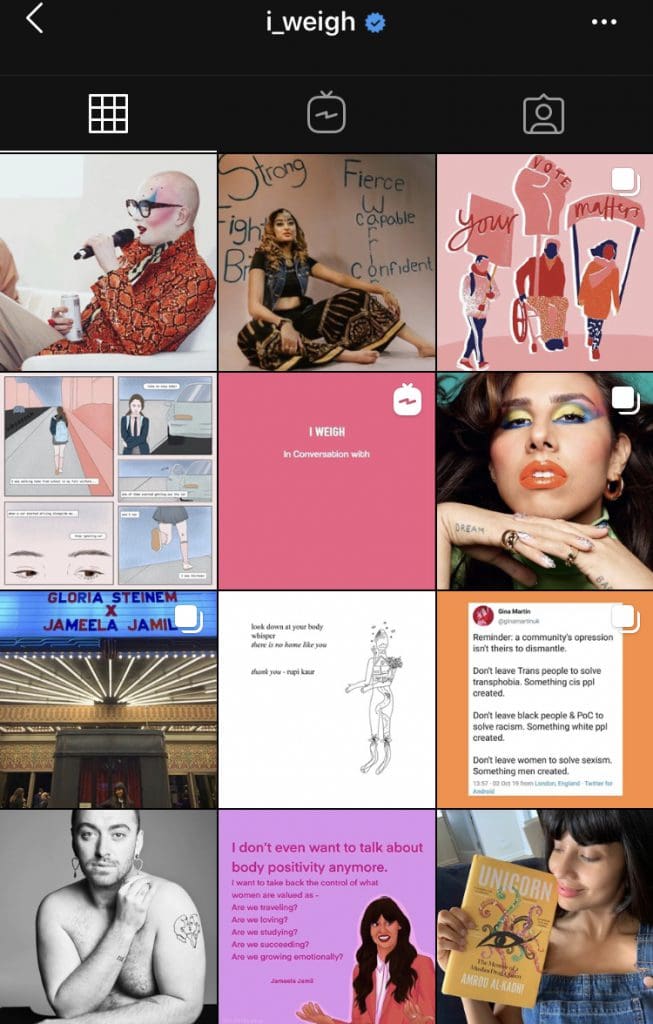
Theater and Mental Health
January 15, 2020 in Educate Yourself

Being part of a close-knit cast and crew on a theatrical production has helped me to cope with mental illness, but it had some drawbacks too. Perhaps this premise isn’t accessible to some people, but I feel like the ideas I lay out here can be extended to any group of people who work as a team.
Pros
- Built-in friends: If you’re someone like me who gets social anxiety when meeting new people, being around the same people constantly can force you to make friends (but, like, in a good way).
- Time management: Sometimes when you’re in the throes of depression, it’s hard to make plans with friends. Rehearsals are like pre-planned get-togethers, although of course everyone has a job to do.
- Having fun: If you’re in theater, it’s probably because you enjoy it. Always allow yourself time to do some activities that you enjoy!
Cons

- Built-in friends: On the other hand, if there are members of your cast who you don’t get along with, being around them constantly can be irritating. One way to avoid this is to communicate with them and make attempts to be everyone’s friend.
- Time management: Especially in tech week, rehearsals get intense. It’s hard to have a social life outside the theater when you have rehearsal every day. It’s hard to have a social life IN the theater when you’re all super stressed over the upcoming production. Pay special attention to your physical, emotional, and mental needs during crunch times like this. It can help to set aside time for breaks and meals, especially when you’re tempted to keep plowing through to the end of rehearsal. Try to finish your work (homework, other responsibilities) before going to rehearsal so you can focus on one thing at a time. Sometimes when we’ve been rehearsing for hours, the most useful thing to do is to take a 5-minute break.
- Having fun: But wait, I hear you asking after that last bullet-point, if theater’s so stressful, how is it fun? It’s true, sometimes rehearsal wears you out and feels more like a job than a leisure activity. But after the final performance, you’ll be so glad you pushed through it. You’ll have made unbreakable friendships, learned to manage your health and time successfully, and enjoyed yourself along the way.
Are you involved in any organizations? How does being part of a set group of people with generally the same interests affect you? Do you see pros, cons, or both?




Recent Comments